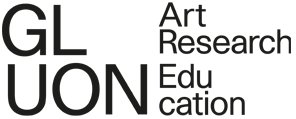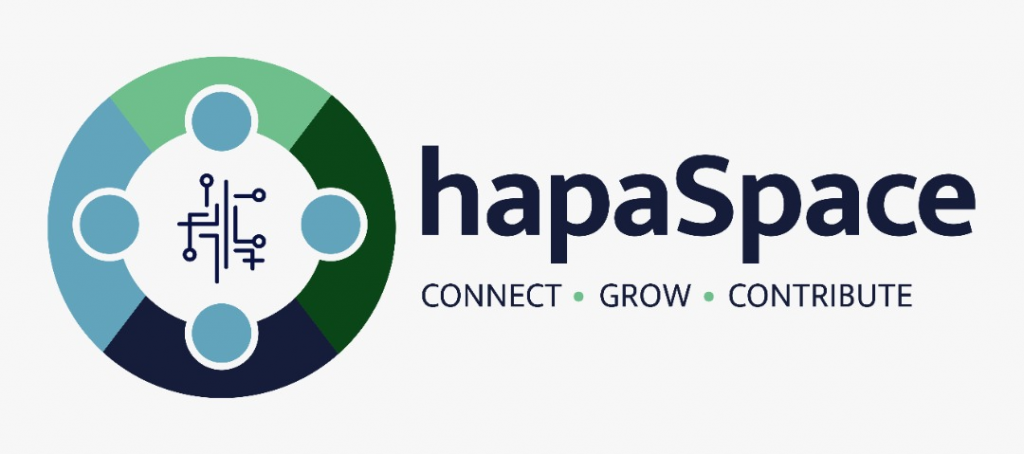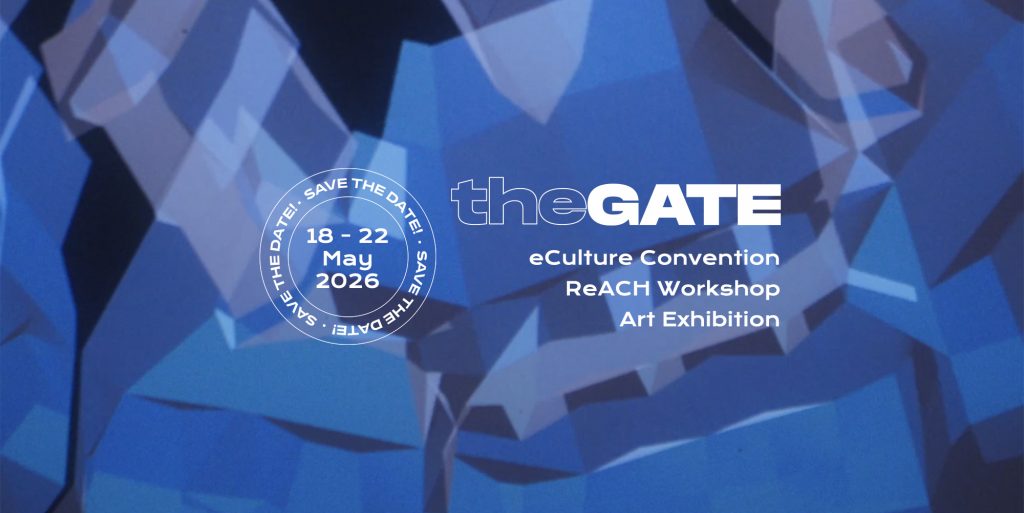The Invisible Messengers
Residency Host: KENU Lab’oratoire des Imaginaires
Artist: Aissata Deme
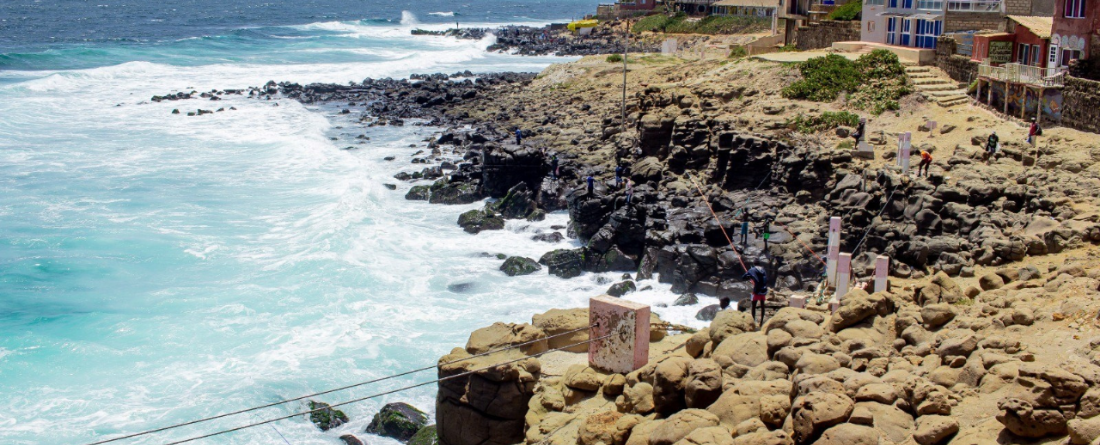
About the artist
About Kenu Lab’Oratoire des Imaginaires
Residency Overview
Social Media
Aissata is multidisciplinary artist, actress, director, writer, fascinated by cultural groups, social organizational modes, and traditions.
She represents the Collective Kenu Lab’oratoire, together with Elhadji Segaba, theatre actor and researcher, Ibaaku Bassene, sound poet and creative mind, Moise Bangoura, director and actor, Cisse Yatera, Sega Ba, Abdul Sy and Credric Mabudu, actors.
The collective’s approach starts with questioning the role and place of art and culture within our societies, with a desire to refocus art and culture in service of socio-political issues. This motivates their engagement within the communities of Ouakam. Their exploration of its territory and its imaginaries presents them with daily challenges, particularly regarding environmental and heritage issues.
To successfully carry out their residency, the collective draws on four years of immersion in the depths of Lebou culture and heritage in Ouakam to weave new narratives. This immersion materialized through a territorial diagnosis in which the collective’s artists were involved with social science researchers. The approach and artistic proposals inspired by community knowledge and expertise have enabled the Collective to become a popular resource for stakeholders in cultural and creative industries, as well as social science researchers.
KENU means Pillar in Wolof. Located in the territory of Ouakam, KENU – the LAB’Oratory of Imaginaries is a cultural space born in early 2020, under the impetus of the artist Alibeta who gathered around him a collective composed of pluridisciplinary artists.
Around the resource centre, activities such as training, intermediation, production-dissemination, and research are organized. Rooted in the arts, culture, and orality, KENU’s mission is to explore the imaginaries, social practices, and traditional knowledge of Ouakam’s society.
Inspired by action research methods, the LAB’Oratoire uses tools belonging to both social sciences and popular education as well as the artistic world to experiment with new ways of collective action to produce new forms of collective actions in service of the community and reveal the current potential of imaginaries.
In Senegal, in Ouakam, the Lebou people have made a pact with an invisible world. In this alliance, the Lebou people promise the spirits respect and preservation of the elements of nature, while the spirits themselves commit to protecting and supporting the balance of energies of each component of the universe. Ouakam used to be a village populated with trees and greenery. The effects of capitalism have heavily impacted and altered the environmental landscape and its heritage. On one hand, land has been sold to foreigners and many local residents have been expropriated. Sacred trees, places of socialization and worship, have been cut down to make way for building constructions, leading to a disruption of urban planning, deteriorating pipelines, and the degradation of sewage systems. On the other hand, the Lebou heritage is threatened by this sudden change in its territory and by its community deeply influenced by a capitalist system. It is around these environmental and heritage issues that the Collective has chosen to carry out its residency.
The Invisible Messengers narrates the story of Koumba Guelew, an urban developer who acquires a sacred land inhabited by Leuk Daour Mbaye, the protective spirit of the city. Ignorant of the ancestral pact, the installation of a desalination plant provokes the anger of the spirit, leading to a rupture with the Lebou people. Natural elements unleash their fury: earthquakes, torrential rains, harmful winds, and chaos. Only the Penc, the sacred place of the wise, remains intact. There, Koumba Reene, in a trance state, aided by the wise ones, embarks on an initiatory journey to appease the spirit and restore balance. She must die to be reborn by discovering the four gates to the invisible before it’s too late. The countdown has begun!
This piece is a modern epic where the sound creation is inspired by ritual ceremonies like the “ndep,” a healing practice that acts on the body and spirit by inducing trance. These processes transcend dogmatic boundaries to reinvent Ouakam by blending modern technologies with ancestral sciences from their territory.
This creation aims to be immersive, plunging the audience into a moving Ouakam that restores its cultural heritage in its conceptualization through technology and sciences.
The Invisible Messengers is guided by the Wolof adage “Ci lep ñep, lune kune gi ci,” which can be translated as “In the totality of all, there is a part of each.”
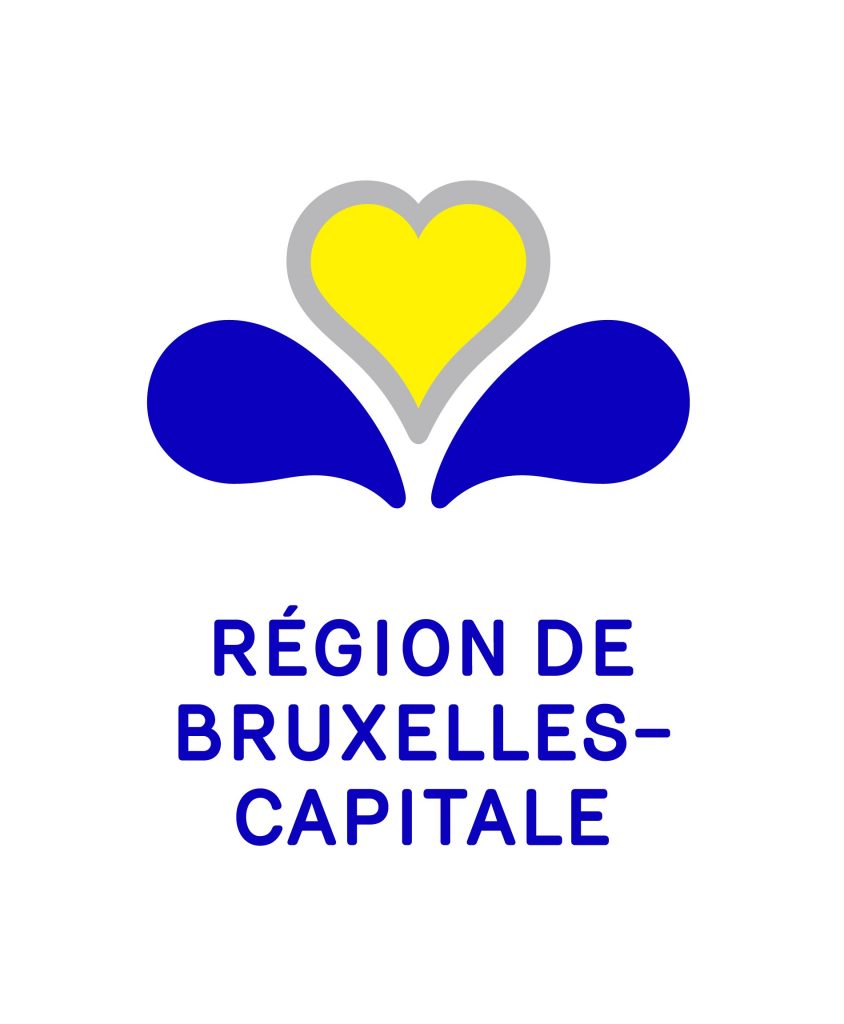
This residency was co-funded by the Region de Bruxelles-Capital / Brussels Hoofdstedelijk Gewest.
Discover more about STARTS4AFRICA
STARTS4AFRICA is funded by the European Union under the STARTS – Science, Technology and Arts initiative of DG CNECT (GA no. LC-01960720). Views and opinions expressed are those of the author(s) only and do not necessarily reflect those of the European Union or DG CNECT. Neither the European Union nor the granting authority can be held responsible for them.



